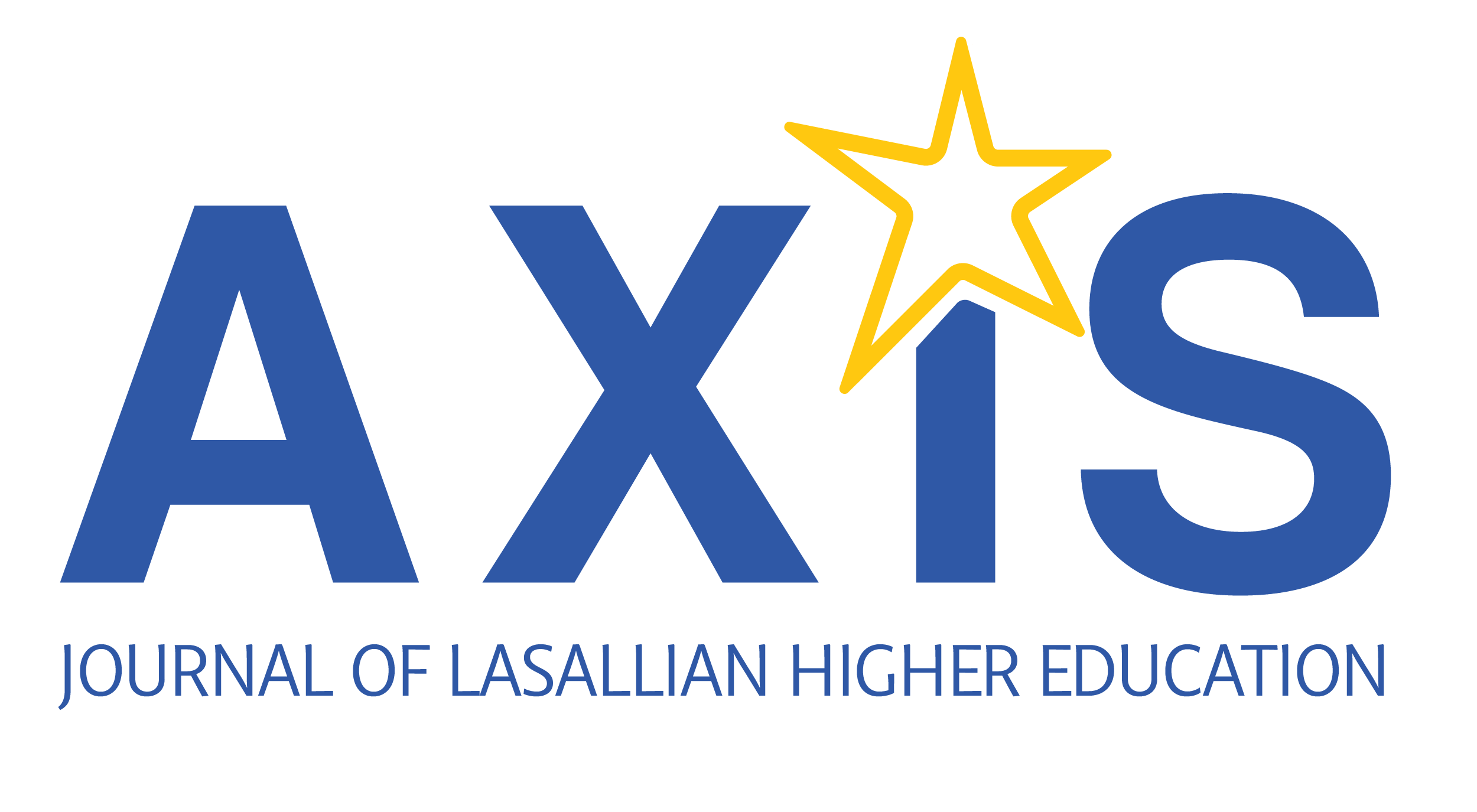Maria Theresa Bolo Kalaw
ABSTRACT
One of the aspects of a successful program for inclusion of students with special needs in the regular class is the readiness of the teachers to cater to their individual needs. Studies show that general education teachers tend to use techniques intended for the class as a whole and integrate minimal or no modifications based on students’ needs. The purpose of this case study, conducted during the third quarter of school year 2015, was to establish how competent the teachers from the Integrated School of De La Salle Lipa feel about addressing the needs of children with special needs (CSN). One hundred eighteen teachers from the elementary and high school departments participated in the study. Collection of data was done through administering a questionnaire and conducting focus groups. The two-page questionnaire intended to draw responses from the teachers was administered to discover the degree to which they facilitate meeting the needs of CSN. Through this study, a formal program for training teachers in the Integrated School was proposed to enable them to recognize modified instruction by giving them detailed approaches and procedures which can be employed for different kinds of students mainstreamed in the regular classroom set up.
KEYWORDS
Scholarship of teaching and learning
FULL TEXT
REFERENCES
Dizon, E. et. al. (2011). Inclusive Education: Educating the Child with Special Education Needs in the Regular School (Current Perspectives, Support Services and Best Practices). UP Special Education Area & Childfind Therapy Center, Quezon City, Philippines
Frankel, F. & Wood, J.J. (2011). Social Skills Success for Students with Autism/Asperger’s: How to Teach Conversation Skills, Prevent Meltdowns, and Help Kids Fit In (p. 32). John Willey & Sons, Inc. San Francisco, CA.
Garriott, P., Miller, M., & Snyder, L. (2003). Preservice teachers’ beliefs about inclusive education: What should teacher educators know? Action in Teacher Education, 25, 48-54.
Greenwood, M., O’Bryne, A. & Daly, P. (2010) Student teachers’ perceptions of their competence to meet the needs of pupils with Autistic Spectrum Disorder in mainstream primary schools. Retrieved from ww.researchgate.net/publication/242552452.
Khamis, G. (2011). Teachers’ Beliefs and Practices Observed in Inclusive Classes. Electronic Journal for Inclusive Education Vol. 2, No. 8 (Summer/Fall 2011). Retrieved from http://corescholar.libraries.wright.edu
Kennedy, D., Banks, R. S. & Grandin, T. (2011). Bright Not Broken: Gifted Kids, ADHD and Autism (pp. 183 – 208). Jossey-Bass A Wiley Imprint. San Francisco, CA.
Makoelle, T. (2014). Changing Teacher Beliefs and Attitudes towards Inclusion in South Africa: Lessons from Collaborative Action Research. Retrieved from http://www.krepublishers.com
Rosenzweig, K. (2009). Are Today’s General Education Teachers Prepared to Meet the Needs of Their Inclusive Students? Retrieved from http://digitalcommons.uconn.edu/nera_2009
Sansosti, F., Powell-Smith, K. A. & Cowan, R. J. (2010). High-Functioning Autism/Asperger Syndrome in Schools: Assessment and Intervention. The Guilford Press, New York
Stauble, K. (2009). Teacher attitudes toward inclusion and the impact of teacher and school variables. Retrieved from ThinkIR: The University of Louisville’s Institutional Repository http://ir.library.louisville.edu/cgi/viewcontent.cgi?article=2374&context
UNESCO (2009). Towards Inclusive Education of Children with Disabilities: A Guideline. http://www.uis.unesco.org/Library/Documents/disabchild 09-en.pdf
About the Author
Maria Theresa B. Kalaw, PhD
Maria Theresa Bolo Kalaw is a full time faculty member and researcher in the Education and Mathematics departments at De La Salle Lipa College of Education, Arts and Sciences in the Philippines.

